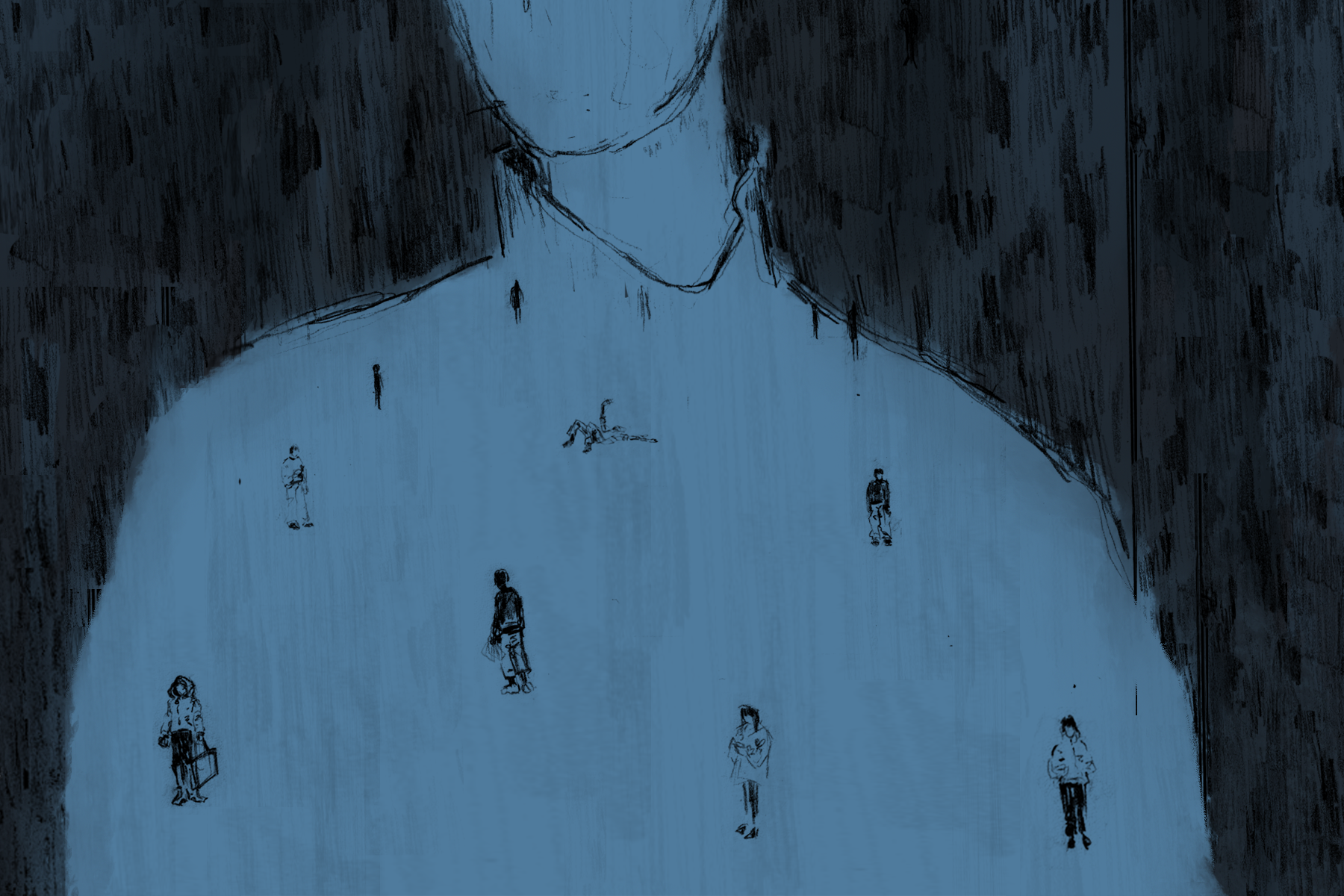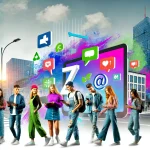Although we often perceive loneliness as a feeling that comes from being alone, people can feel lonely among friends or even within a larger social group. Loneliness is defined as a distressing feeling that accompanies the perception that one’s social needs are not being met by the quantity or especially the quality of one’s social relationships. Humans are not solitary creatures; we are inherently social beings who seek meaningful connections and friendships with others.
When we lack this interaction, it can hurt our mental and physical health, as well as our overall well-being. According to Carl Jung, “loneliness does not come from having no people around you, but from being unable to communicate the things that seem important to you.” Feeling lonely has a significant, and frequently negative, impact on people’s daily lives. Because social connections are a biological need, feeling lonely usually motivates us to seek out the connections we lack.
Cigna, a health-care company, conducted a Loneliness Index in 2018, using the UCLA Loneliness Scale to assess the subjective feelings of loneliness and social isolation in over 20,000 adults. This scale includes phrases such as “I feel isolated,” “There are people I can talk to” and “I feel part of a group of friends.” It also asks how often participants feel excluded or connected to the people around them. According to reports, Gen Z participants between 18-24 years old were the loneliest. 69% felt that people around them were not truly with them, and 68% felt that no one knew them well.
Numerous studies have found that younger people, on average, feel lonelier than adults over the age of 65. A BBC article reported that “almost 10% of people aged 16 to 24 were “always or often” lonely — “the highest proportion of any age group.” This could be attributed to a variety of factors, the most notable of which is that they are at the transitory phase where they are maturing and making major life decisions.
The potential health consequences and negative outcomes of loneliness pose a serious societal challenge. Lonely people are more likely to experience anxiety and depression, as well as an increased risk for conditions such as heart attacks, diabetes, cancer and strokes. Loneliness has also been shown to alter the structure and function of the brain, as well as increase the levels of stress hormones, particularly cortisol. A persistent rise in cortisol levels can then lead to hypertension, increased inflammation and a weakened immune system. According to a 2010 study by Brigham Young University, loneliness can shorten a person’s life by 15 years. This mortality risk is equivalent to smoking 15 cigarettes per day or being an alcoholic, this figure even outweighs the health risk associated with obesity. Furthermore, loneliness has also been linked to a rapid decline in cognitive function in old age as well as an increased risk of Alzheimer’s disease.
Loneliness among adults, particularly Gen Z adults, is on the rise for a variety of reasons. One of these is the gradual decline in a sense of community over the last few years. Humans are hardwired with a desire to belong, which is both a primal imperative and an innate survival mechanism. Some of the benefits of having a community include providing a sense of safety and security; fostering a sense of belonging; facilitating social connections; and improving physical and social health. We survive primarily by relying on others and benefiting from their activities, and as a result, most of our happiness arises from our interactions with others. Loneliness and social isolation begin to set in when there is a lack of connection to a community.
Overuse of social media has also undoubtedly contributed to the rise in loneliness. While social media can be useful for maintaining existing relationships or forging new ones, it has almost completely replaced face-to-face social interactions. Furthermore, scrolling through an endless stream of carefully curated snapshots of other people’s lives can lead to feelings of isolation and dissatisfaction with one’s own life. Comparing one’s life to others’ lives on social media inevitably leads to the impression that their lives are more exciting and interesting.
Excessive social media use also makes us less likely to interact with people in person. Furthermore, social media friendships may not translate to real-life friendships. Genuine connections are difficult to form and maintain online, resulting in feelings of emotional loneliness.
According to research, the pandemic and social distancing have increased loneliness by 181%. 27% of Gen Z reported feeling lonely all the time or frequently. College students went through drastic lifestyle changes and a loss of face-to-face interactions, most of which happened on campus. A 2020 survey conducted by Boston University showed that most college students experienced loneliness and feelings of isolation as a result of the drastic measures put in place to combat the spread of the coronavirus. This, combined with the gradual societal shift towards hyper-individualism, academic and economic pressures and mental health struggles, has dramatically the incidence rate of loneliness in the past few years.
Loneliness has become an epidemic, with an increasing demand for interventions to combat it. It can be difficult to deal with because it is not a condition that can be cured by simply having more people around you. Although it is a practically universal experience, many people are embarrassed about it because they believe it is a sign of personal weakness or inadequacy. As a result, they are less likely to seek companionship and venture outside of their comfort zones to form meaningful connections or strengthen existing ones.
Dr. Stephanie Cacioppo, assistant professor of psychiatry and behavioral neuroscience at UChicago Medicine, has some advice for people who are feeling isolated and lonely: “Introspection, connection and interaction. First, stay connected and make a daily effort to express gratitude. Next, do something helpful or nice for others (without expecting anything in return). Collaborate with others and work together in harmony. Volunteer to help people in need. Choose to engage with people (including strangers) on different levels and on a broad range of topics and listen to them. Finally, share positive news (rather than negative information) and expect the best from people.”

















